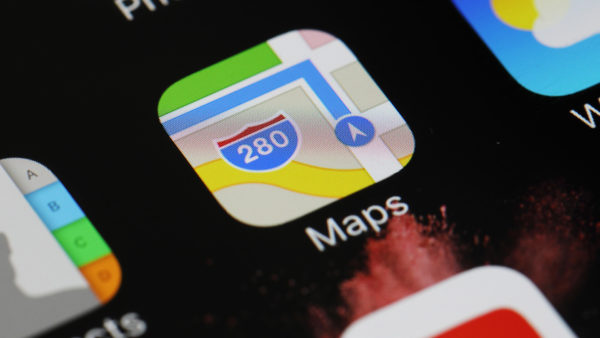The company may use device location to ensure review integrity.
First reported by 9to5Mac, based on this tweet, iOS 14 will allow users to add photos and rate a business natively within Apple Maps. It differentiates between products and services and uses a binary thumbs up or down system like Facebook, rather than a point or star-ratings system like Google.
Reviews too important to outsource. Ratings and reviews, like Maps themselves are ultimately too important, to be outsourced even to strong third party platforms like TripAdvisor and Yelp. That would now appear be Apple’s thinking.
As discussed in this post from Mike Blumenthal featuring Aaron Weiche and David Mihm, Apple Ratings could potentially hurt Yelp and TripAdvisor. The market will see this as bad news for Apple’s partners and their valuations could be impacted in the short term.
However, we don’t know what the contracts say or how long Apple will be collecting ratings before it feels confident enough to “go it alone.” It could be quite some time and so the actual impact on Yelp or TripAdvisor in the short term could therefore be minimal. Stay tuned.
Apple Ratings and Photos UI

Preventing fake reviews. The most interesting part of Apple Ratings is the company’s apparent effort to prevent review fraud. According to 9to5Mac, “Apple is using on-device machine learning to present POI rating opportunities when it sees that someone has visited a place several times. The company will also be doing some checks to try and prevent abuse, such as only accepting ratings from people that have physically visited the place.”
It’s not clear whether this is an accurate description of Apple’s Ratings methodology. If it is, it will take Apple longer to get to some sort of “critical mass.” However, it could also be disruptive of the review economy in a very positive way.
The problem of review fraud is much more extensive than people realize. It’s rampant on Amazon and Google, in the millions of reviews annually. The problem doesn’t spare any of the major platforms and also exists on TripAdvisor and Yelp, although they apparently do a better job of cleaning up fake reviews. Consumers have an increasing but still only limited awareness of the problem.
Building trust with users. Apple Maps has millions of users globally and generates billions of local searches. But whatever Apple says about its position on the iPhone, it lags far behind Google Maps in usage and utility overall. Google Maps is the epicenter of local search.
Developing and presenting its Ratings as more accurate and free of fraud could help differentiate Apple Maps as a local search platform in the future. I exchanged emails about Apple Ratings with Curtis Boyd whose company Objection.co helps identify and remove fraudulent online reviews.
Boyd said, “Apple has the benefit of starting from scratch and learning from the mistakes of Yelp and Google.” He added that Apple could use multiple signals to determine ratings authenticity including location. “Access to some of the OS/hardware data would provide countless data points for AI to examine [in order to determine review validity].”
Why we care. We’ll need to wait for the official launch of Apple Ratings. But if Apple does emphasize trust and accuracy using visitation and other signals, it could put meaningful pressure on other platforms to do more to clean up review spam on their sites. This would be a welcome development across the board.
Local SEOs (and reputation management vendors) would now appear to have another review platform to address. How critical native Apple Ratings will become and whether SEOs and businesses will be able do anything — beyond delivering a good customer experience — to acquire and influence them very much remains to be seen.




